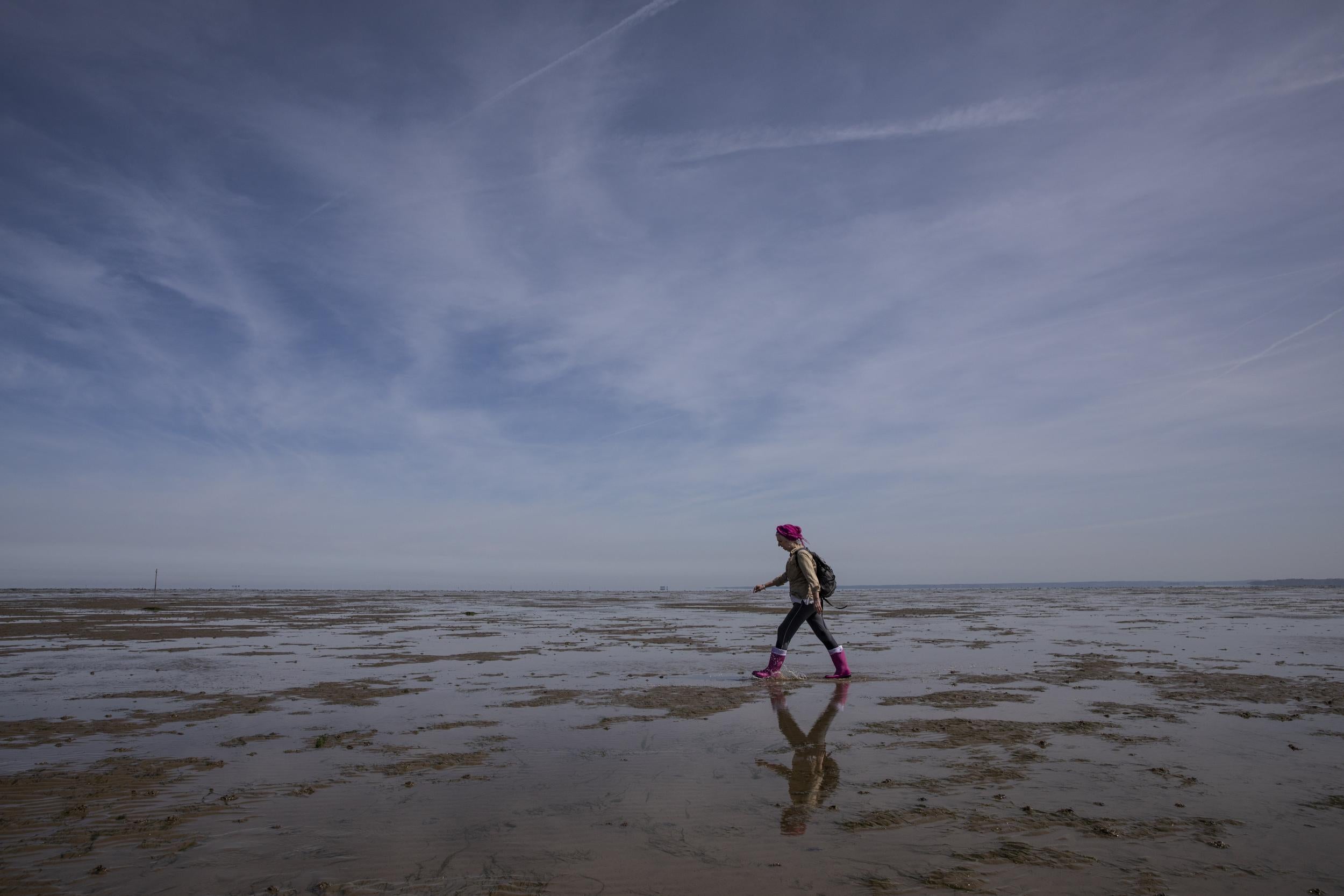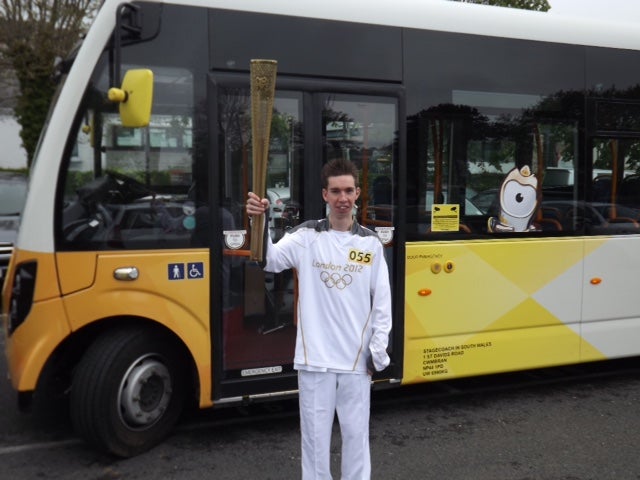The long road to a more diverse journalism industry
In the latest of his reflections, Will Gore remembers Thomas Read, who excelled in the profession despite his cerebral palsy, and talks up the importance of making the news media business open to all


The rolling, arable fields of northwest Essex are not necessarily a place you would envisage as the backdrop for a discussion about the importance of diversity in journalism. But then again, why not? If the topic matters, the setting is rarely relevant.
Last summer a group of us had gathered near Saffron Walden on the hottest day of the year to remember and celebrate one journalist in particular. Thomas Read had been passionate about journalism throughout his school years, going on to write and broadcast for student media at university. After his undergraduate degree, he enrolled at Cardiff University to study for an MA in journalism.
Despite his cerebral palsy, Thomas excelled, impressing bosses at Sky Sports News during a work-experience placement. He subsequently bagged a full-time role there, his talent for sports journalism making him stand out from the crowd.

After his untimely death in 2015 at the age of 25, Thomas’s family set up a foundation in his memory, with the aim of supporting other prospective journalists with long-term disabilities or health problems into the industry. Thomas Read bursaries are awarded to eligible applicants to the Journalism Diversity Fund (JDF), which helps people from a wide range of backgrounds get top-class training which they would otherwise not have the finances to access.
So that is why, in Thomas’s memory – and to raise funds for the bursary set up in his name – we walked through baking fields of wheat, across acres of tinder-dry hay meadow and beside row upon row of struggling broad beans, each crop making its contribution to the local farming economy but none affording even a hint of shade. The occasional copse was loitered in for longer than necessary. In one, a little owl watched me from the branch of a tree before hurriedly departing. Larks sung high in skies that mirrored the blue of the flowering flax below.
The broader context is of a vast portion of the population which has not had its voice heard. An unrepresentative media is part of that historic inequality, which is not confined to the US
Among our party were staff of the National Council for the Training of Journalists, which runs the JDF, former recipients of the Thomas Read bursary and fellow journalists. Thomas’s parents led the way, speaking with pride not only of their son, but of his legacy – and the importance of making the news media business open to all, and genuinely representative of its audiences and of society at large.
Recent events have demonstrated once again how crucial that is. The coronavirus crisis has hit disadvantaged people hardest, with black and ethnic minority groups disproportionately affected in particular. To be in the best position to report and reflect on those discrepancies, the media should have in its ranks, sufficient numbers from the worst-affected communities, who can connect and contextualise based on personal understanding and experience.
Similarly, the protests in America (and elsewhere) following the killing of George Floyd, may have focussed on police brutality, but the broader context is of a vast portion of the population which has not had its voice heard. An unrepresentative media is part of that historic inequality, which is not confined to the US.
Since it was set up 15 years ago, the JDF has supported more than 350 people who would otherwise not have been able to undertake professional training, helping them to become qualified journalists with a great chance of making it in the highly competitive news media sector. Many JDF alumni are now well-advanced in their careers. Yet there remains so much more to do: the middle and upper ranks of the journalism industry are still disproportionately white and middle class (and able-bodied). Many barriers to entry and progression are slow to be dismantled. Trust is at stake.
This year, we will not be able to gather at the NCTJ’s office in Essex to walk as a group. But I and my colleagues, along with Thomas’s family and friends, will once again come together in spirit and online, each undertaking a hike or other activity to raise money for the Thomas Read bursary; as well as to bang the drum for a more accessible and more diverse journalism industry.
On 27 June the Read family, NCTJ staff and supporters will Turn out for Thomas, raising money to support students with long term disabilities and illnesses (and in financial need) through their professional journalism qualification. You can Turn out for Thomas too. For more information on how to take part and to donate, please visit: donate.giveasyoulive.com/fundraising/turn-out-for-thomas.
Will Gore is head of partnerships & projects at the NCTJ, and was formerly executive editor of The Independent
Join our commenting forum
Join thought-provoking conversations, follow other Independent readers and see their replies
Comments